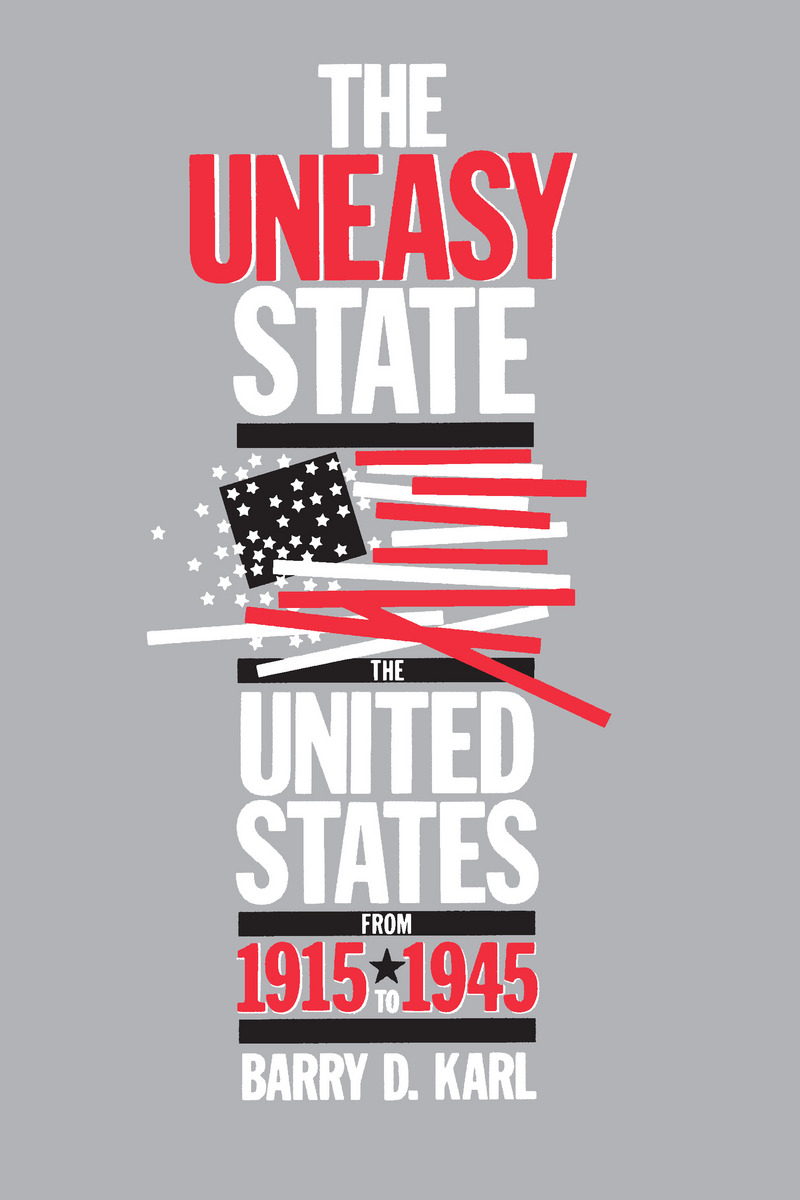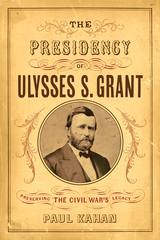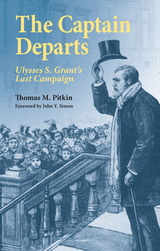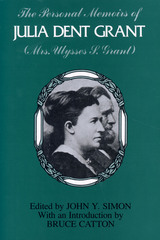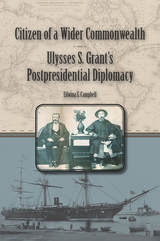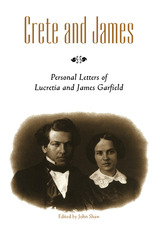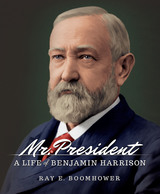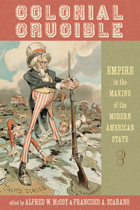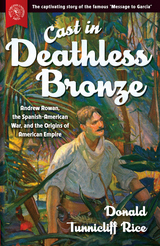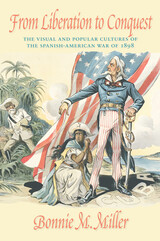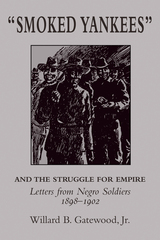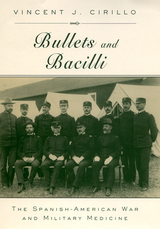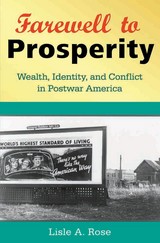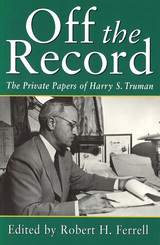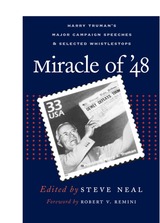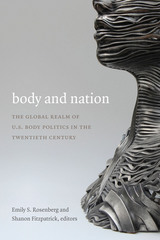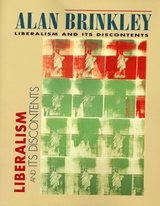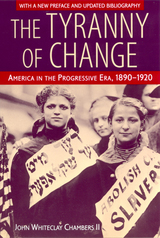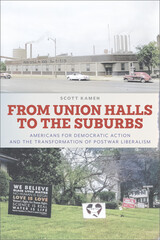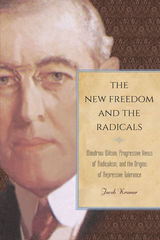The Uneasy State: The United States from 1915 to 1945
University of Chicago Press, 1983
Paper: 978-0-226-42520-7 | Cloth: 978-0-226-42519-1
Library of Congress Classification E741.K33 1983
Dewey Decimal Classification 973.91
Paper: 978-0-226-42520-7 | Cloth: 978-0-226-42519-1
Library of Congress Classification E741.K33 1983
Dewey Decimal Classification 973.91
ABOUT THIS BOOK | AUTHOR BIOGRAPHY | TOC | REQUEST ACCESSIBLE FILE
ABOUT THIS BOOK
In this major interpretive history of the reform era, Barry Karl presents an imaginative and thoughtful perspective on America's quest for political, economic, and cultural nationalism. Challenging accepted interpretations, he argues that the two world wars and the depression did not successfully unite the country so that a national managerial state could emerge as it did in other industrial nations. Karl draws on an impressive array of sources to support his position, offering insightful comments on popular culture—movies, novels, comic strips, and detective stories—and brilliant analyses of technological change and its impact.
Karl shows how Americans approached the central dilemmas of modern life, such as the clash between planned efficiency and autonomous individualism, which they managed to patch over but never fully resolve. Above all, he finds that America's commitment to the autonomous individual is both an aspiration and a curse.
Karl shows how Americans approached the central dilemmas of modern life, such as the clash between planned efficiency and autonomous individualism, which they managed to patch over but never fully resolve. Above all, he finds that America's commitment to the autonomous individual is both an aspiration and a curse.
See other books on: 1915 | 1945 | 20th century | History | United States
See other titles from University of Chicago Press
